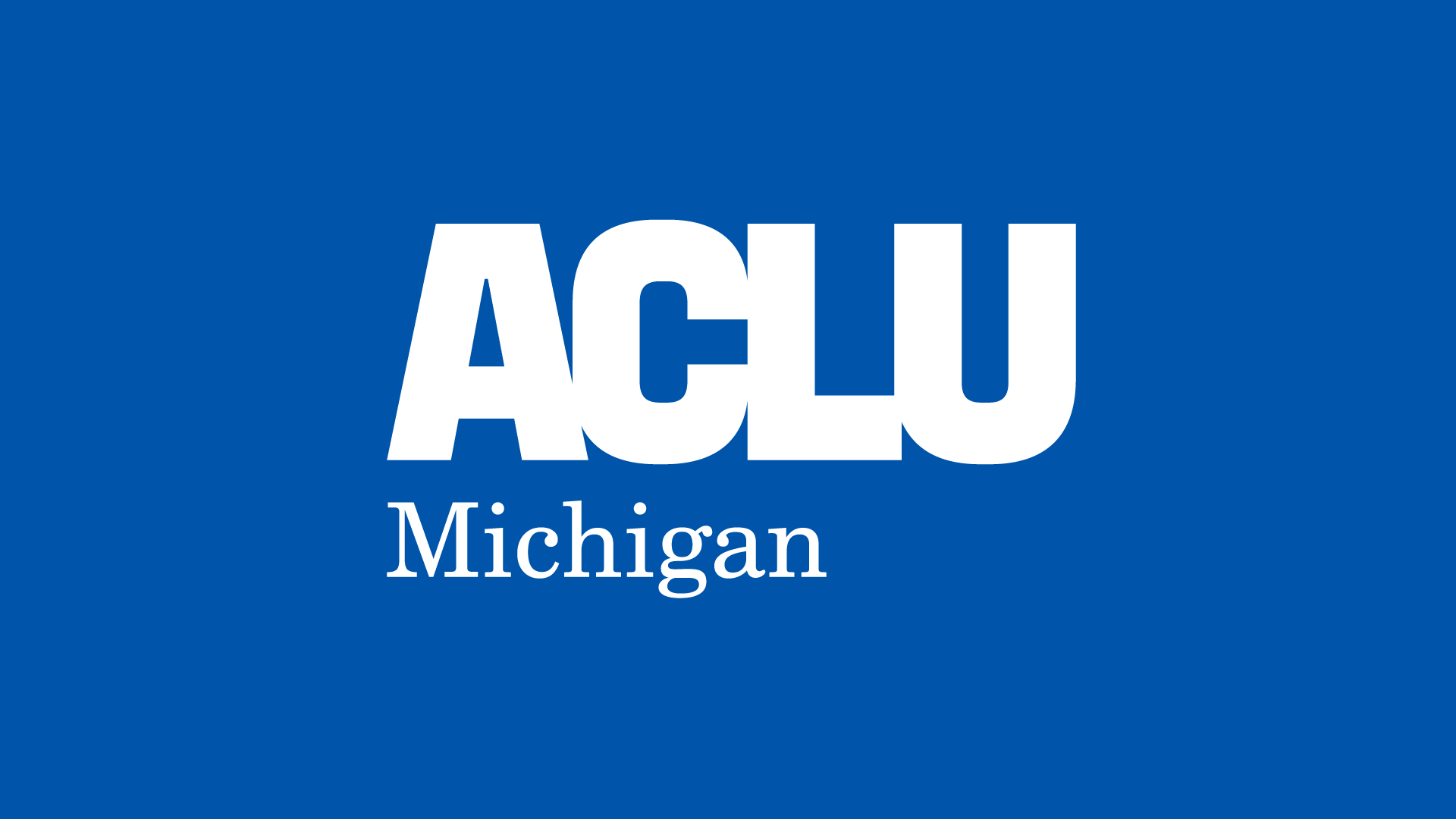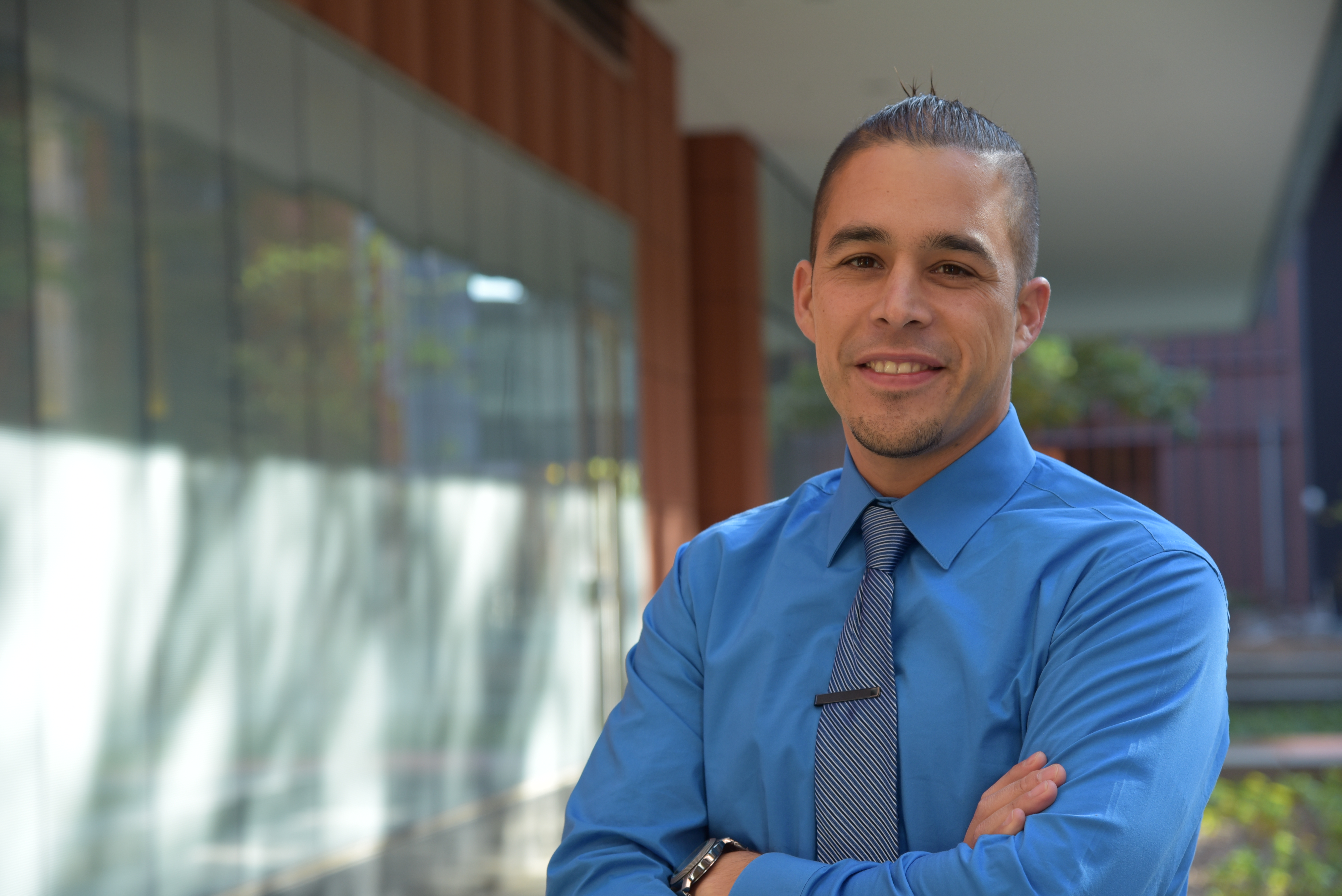For more than a year, Detroiter Theodore Rice has been in court battling to remain in the place he’s called home for more than a quarter century. As a result, he’s seen firsthand how crucial it is for people facing eviction to have legal representation when going up against a property owners experienced in using the judicial system to their advantage.
Prior to the COVID-19 outbreak and ensuing moratorium on evictions, about 30,000 Detroit households a year faced the threat of eviction. Now that the U.S. Supreme Court has ended the moratorium, there is an urgent need for the City of Detroit to help people in immediate danger of being forced from their homes.
People like Theodore Rice.
When Rice lost his home to tax foreclosure in 2017, an investor purchased it through the county’s annual property auction, then offered a deal he said would allow Rice to remain in the house. Rice, who is Black, says he was duped into believing he was buying back the property on a land contract, paying $500 each month with the goal of eventually reclaiming ownership. Unbeknownst to Rice, the document he signed offered no more protection than a standard lease.
A self-employed carpenter and auto mechanic, work began drying up for Rice last year as the COVID-19 pandemic started to spread. As a result, he was unable to make the monthly payments.
The owner of the property quickly filed court papers to have Rice evicted, and kept pressing the case even though the moratorium was in place. Like many landlords, he wanted to pave the way for eviction to occur quickly once the federal moratorium ended.
Severely damaged by an electrical fire that destroyed part of the roof several years ago, the house is really not fit to live in.
Rice was able to connect with Vanessa Fluker, a Detroit attorney who specializes in representing people facing eviction. Having her at his side, in a case that remains ongoing, has given Rice hope, and a fighting chance against a property owner whose companies have taken hundreds of renters to court.
“I know right from wrong, but I don’t know the law," Rice said. "And unless you have someone representing you who does know the law, and how courts operate, the average person doesn’t stand a chance.”
He’s absolutely correct. Which is why, in cities and states across America, momentum is building for a movement known as "right to counsel," or RTC. So far, 10 cities and three states have implemented some form of RTC.
Just as indigent people are provided attorneys at no cost if charged in a criminal matter, low-income people need representation in civil cases involving something as disruptive and harmful to a family’s wellbeing as an eviction.
Renters living on low incomes seldom have the resources to pay for an attorney, unlike the vast majority of landlords. Of the approximately 30,000 eviction cases filed in Detroit’s 36th District Court in 2017, landlords had legal representation 83% of the time; that same year, fewer than 5% of renters had an attorney, according to Detroit’s United Community Housing Coalition, a nonprofit that provides legal help to people on low incomes at risk of losing their homes.
Not surprisingly, that sort of tilted playing field leads to drastically disparate outcomes.
As the Center for American progress has reported, two eviction-prevention pilot programs in Boston provide clear evidence of the huge difference having a lawyer makes in eviction proceedings: two-thirds of the tenants provided legal representation were able to retain their homes, while two-thirds of those without lawyers were evicted.
Like so many of this country’s problems, racism and income inequality are significant factors.
“Due to decades of inequalities in our housing system, communities of color and low-income women feel the impacts of eviction the most — Black women in particular,” according to the national ACLU. “Black women are more than twice as likely to have evictions filed against them as white people," according to the national ACLU. "Less than half of Black and Latinx families own their homes compared to 73% of white families. Black and Latinx tenants are also twice as likely as white tenants to report that they have little to no ability to make rent each month.”
Because people of color are disproportionately affected, the problem is particularly acute in Detroit, a city that is nearly 80% Black with a poverty rate that tops 30%, making it the second most impoverished city in America.
Once a national leader in Black homeownership, a majority of Detroit residents now live in rental properties. That, combined with high poverty rates, results in a shocking number of evictions. In 2016, for example, there were 6,664 evictions in Detroit, according to researchers at Princeton University’s Eviction Lab. That amounts to more than 18 families losing their homes every single day.
“When a person has to go down to the 36th District Court, when they risk losing their home, their place in the neighborhood, their child’s spot at school, and so many other things are on the line, that person should not have to walk into court alone," Tonya Meyers Phillips, director of Community Partnerships & Development at Detroit’s Sugar Law Center for Economic & Social Justice, said during an online forum hosted by the newly formed group Detroit Right to Counsel. "If an individual cannot afford legal representation, then legal representation should be provided for them."
That coalition, which includes the ACLU of Michigan, the United Community Housing Coalition, Michigan Legal Services and other organizations, is asking the city to implement a plan that will provide attorneys for 20% of individuals facing evictions each year for the next five years at a cost of $4 million dollars.
For those who might question whether this is a wise use of public funds, it is important to consider the other side of that equation: What is the cost of doing nothing, to residents, neighborhoods, and the city as a whole?
The short answer to that question is that the cost of inaction is massive, both in terms of dollars as well as human suffering.
The economic and social benefits of providing an eviction right to counsel in Detroit include:
- Reduced blight as more homes remain legally occupied
- Reduced costs incurred by the city of Detroit for homeless outreach
- Reduced costs for emergency shelters, rapid rehousing and emergency rental assistance.
- Reduced policing costs related to squatting and criminalizing homelessness
- Reduced costs associated with education instability and employment instability
- Reduced costs associated physical and mental health care emergency services
- Reduced population and tax base
- Increased stability for families, schools, and neighborhoods.
If those sorts of factors are considered, RTC turns out to be remarkably cost effective. A study done for The Philadelphia Bar Association found that $3.5 million spent on eviction representation would save the city $45.2 million in shelter costs, health care costs and mental health costs — a return on investment of $12 for every $1 spent on Right to Counsel.
For Detroit to realize those benefits, and to avoid the trauma and hardship evictions create for families, the city must act quickly to provide legal representation for people on low incomes facing eviction.
As for Theodore Rice, he’s struggling to deal with the dread of what could happen now that the moratorium has ended.
“I can’t sleep at all, I’m worrying so much,” he says. “But at least I’m able have some hope, because I’m not facing this alone. I have someone who knows the system standing beside me, and fighting for me. I don’t even want to think what it would be like if that weren’t the case."
Read the full story on the Detroit Free Press.

